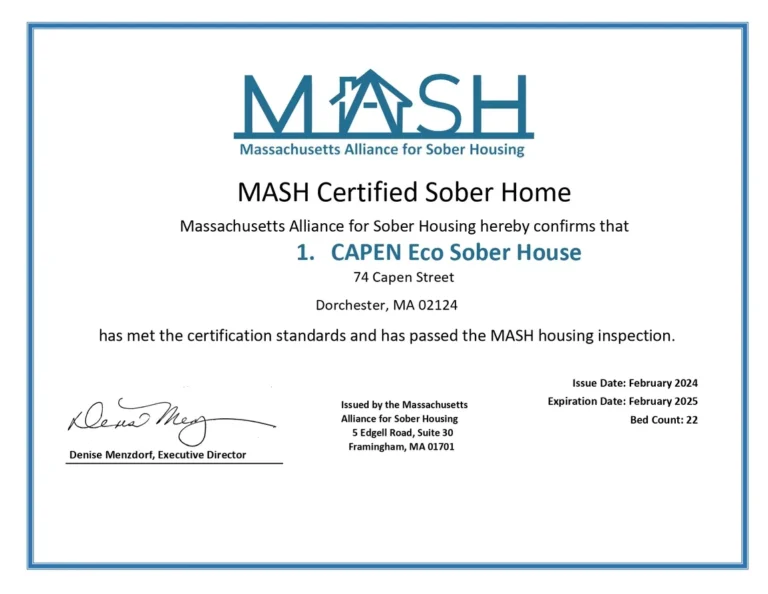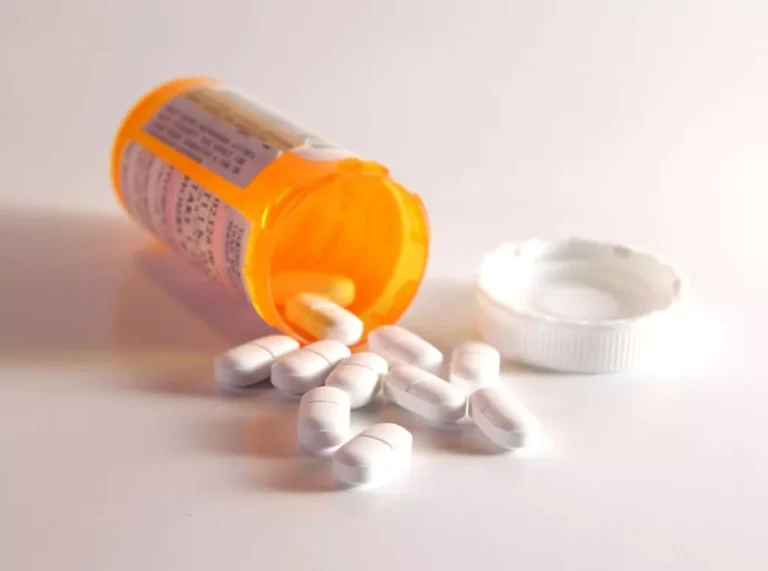
Rachel Kazez, a licensed clinical social worker and therapist with All Along, says to begin with some basic questions to get a little perspective. In addition to the health benefits, when you stop drinking for any amount of time it automatically saves you money. Research shows how to take a break from alcohol that drinking large amounts of alcohol before bedtime leads to decreased sleep onset and disrupted, poor quality sleep later in the night. It can cause memory loss and interference with brain development. For college students, being dry is the best thing to do,” he said.
How do you detox your liver?
Many people who have tried a break from alcohol told Life Kit that their friends didn’t really “get it” — and that they felt compelled to make up excuses. When you begin to rethink your relationship with alcohol, your friends and family may not be on board — especially if those are some of the people that you used to drink with. You may not need to completely reinvent your life to quit drinking, but making a few changes in your surroundings to help avoid alcohol triggers can make a big difference. One thing that many listeners who’ve tried a dry January — or any break from alcohol — told us is that their friends didn’t really “get it.” “Why, why, why,” people told us they were asked. While many think drinking alcohol before bed will help them nod off and stay asleep, it’s quite the opposite.
Reach out for support

If alcohol is negatively affecting your skin and you stop drinking, you’ll likely notice a difference within the first week and a more drastic difference within 30 days. “When you quit drinking, the hydration levels of your skin will be restored, providing clarity and a younger look to the skin,” Dr. Tarlow continued. One hidden benefit of taking a break from alcohol is in the hip pocket – we might not be aware of this, but nights out with friends or even a few bottles of wine per week tend to add up.
Stand back and ask: ‘How does drinking serve me?’
- “They found that at the end of that month — just after one month — people, by and large, lost some weight,” says Aaron White, the senior scientific adviser to the director at the National Institute on Alcohol Abuse and Alcoholism.
- With the recent popularization of 30-day challenges like Dry January and Sober October, people are beginning to recognize that there can be benefits to cutting out alcohol for a period of time.
- Many of the participants said they had more energy, which fits with the experience of listener Sarah Black Sadler.
- “Viruses won’t be caused by alcohol, but you can be more vulnerable to them if you’re drinking,” he says.
- “Someone who averages one boozy drink per day could definitely see weight loss within a week if they’re not making up those calories with other caloric beverages,” New York–based registered dietitian Jessica Cording tells SELF.
A doctor or other treatment professional may evaluate for the above factors prior to making a recommendation for the level of detox care and detox timeline needed to keep a person safe and comfortable. “Those early days of abstinence from alcohol were so tough, because I had no friends,” he says. On a Saturday night, people are starting to pack into a popular bar called Harvard & Stone in a hip Los Angeles neighborhood.

They’re sipping handcrafted mocktails, with names like Baby’s First Bourbon and Honey Dew Collins, featuring nonalcoholic distilled spirits. Some who have given up booze altogether join “sober sometimes” friends to enjoy nonalcoholic drinks at Sans Bar in Austin, Texas. If you’re considering your relationship with alcohol, it’s important to educate yourself on the common risks of drinking. Exploring, in writing, what you find difficult and when you most want to drink can help you notice patterns that offer more insight into your alcohol use.
Here’s What Happens to Your Body When You Stop Drinking for 30 Days
- A Sunday morning where you can bound out of bed make use of the day?
- If you’re trying to shed a few pounds, keeping that goal in mind can be great a list-topper for why you’re quitting booze.
- If you’re going to an event where you know alcohol will be present, Painter recommends deciding how much you will drink before getting there.
Thanks for subscribing. You’re on the road to a better, healthier version of you!
- “There are multiple ways to manage alcohol use in social settings to include learning and implementing harm reduction strategies, moderation management, and using refusal skills.
- What matters most is your ability to maintain an open, curious outlook as you learn what does and doesn’t work for you.
- Again, it seems counterintuitive – for a lot of us, drinking seems to help us loosen up and have fun.
- But maybe you’re unsure about quitting completely and don’t want to hold yourself to that goal.
- For anyone concerned about heart health, Dasgupta recommended decreasing alcohol intake and increasing physical activity, which also raises good cholesterol.
- The less you drink, the lower your risk of alcohol-related harm.
Will I lose weight if I stop drinking alcohol?

